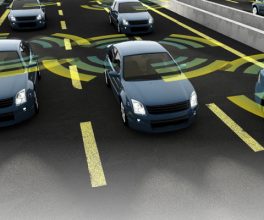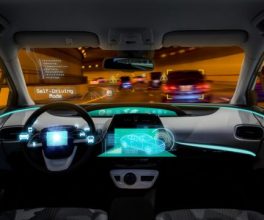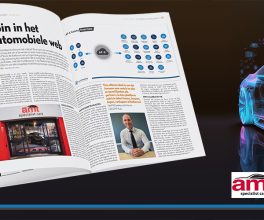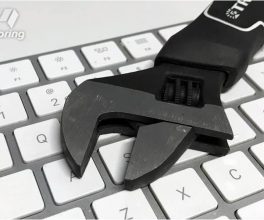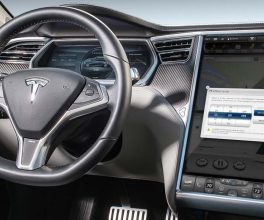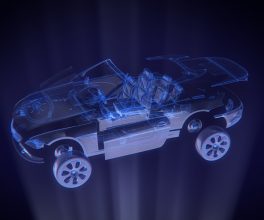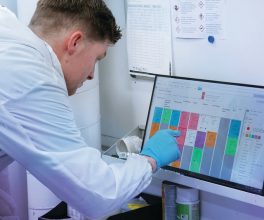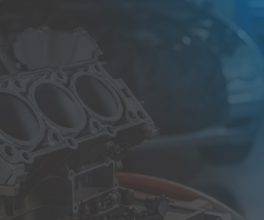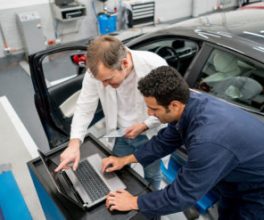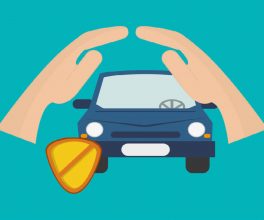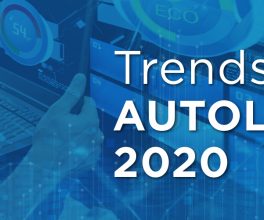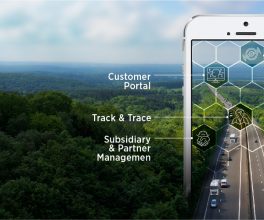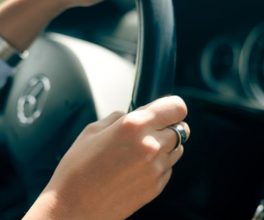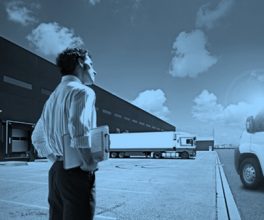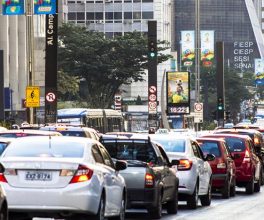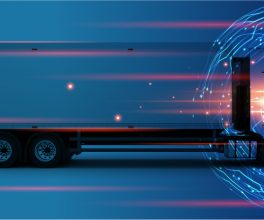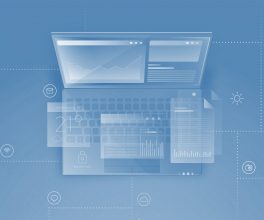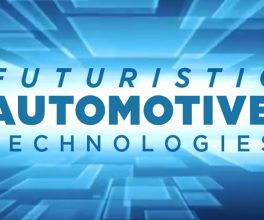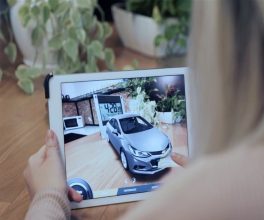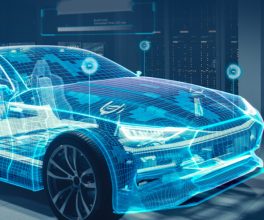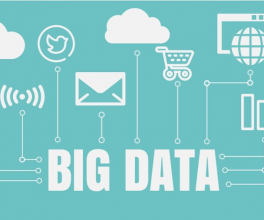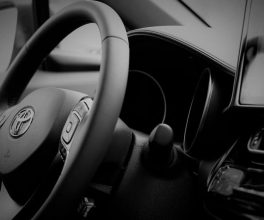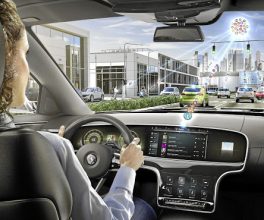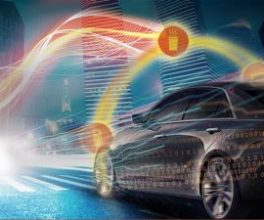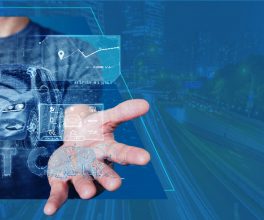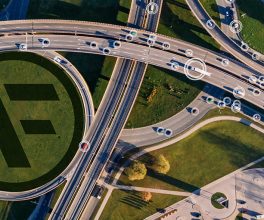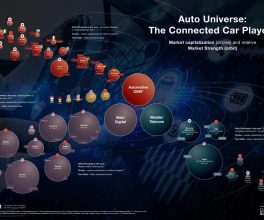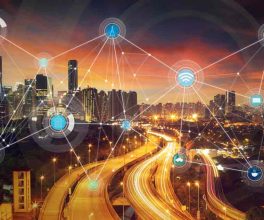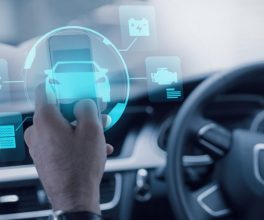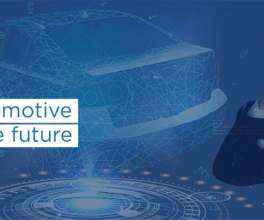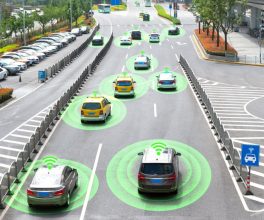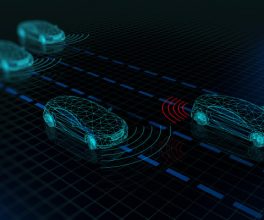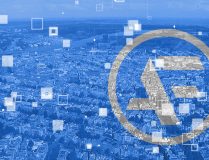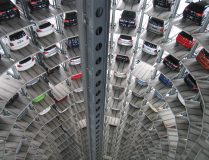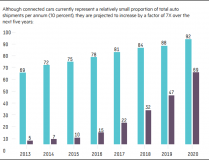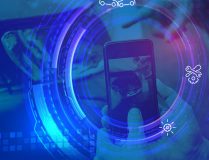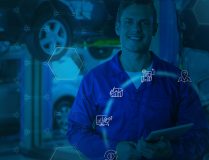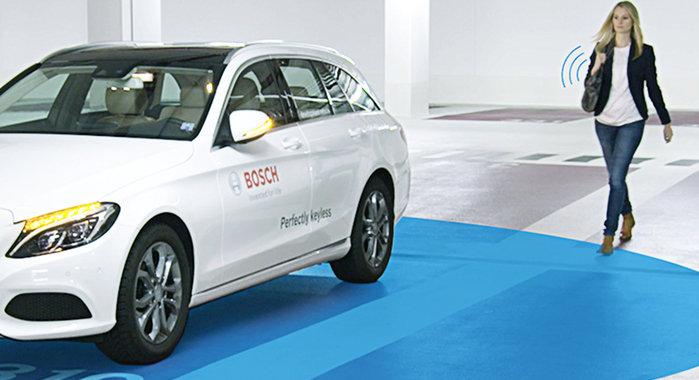Germany technology major Bosch has announced that it will bring together over 600 associates to develop and sell digital mobility services that include vehicle sharing, ride-sharing and connectivity-based services for car drivers.
“Connectivity will fundamentally change how we get from A to B, and in the process it will help to solve today’s traffic problems. We are using it to realise our vision of emissions-free, stress-free, and accident-free mobility,” said Dr Volkmar Denner, chairman of the Bosch board of management, at the ‘Bosch Connected World 2018 IoT’ conference in Berlin.
The company says that connectivity which offers tremendous business potential, quoting a PwC report Bosch states that by 2025, there will be more than 470 million connected vehicles on the world’s roads. Just four years from now, the market for mobility services and associated digital services will be worth 140 billion euro (Rs 1,070,160 crore). “Connected driving is a growth area for us, Bosch aims for significant double-digit growth with the solutions it offers,” Denner said.

The new division is planned to further extend the existing service portfolio. For instance, mobility services from Bosch send alerts about wrong-way drivers and turn smartphones into car keys. The latest of these is the ridesharing service offered by US-based start-up Splitting Fares. Denner also presented system!e in Berlin. Connected services for electro-mobility are set to further increase the suitability of electric driving for the mass market.
Bosch enters ridesharing business
One growth market in the field of connected mobility is ridesharing, which encompasses online services and apps for carpools as well as for arranging driving services and taxis. The company quotes a Statista report which states that by 2022, the number of ridesharing users worldwide is set to rise by 60 percent to 685 million. To date, most such services have been directed at people who happen to be travelling in the same direction or who want to book a trip at the last minute; companies and commuters have been seen as less of a priority. This is precisely where SPLT comes in. Recently acquired by Bosch, this US-based start-up developed a platform that companies, universities, or municipal authorities can use to arrange ridesharing for their staff.

This B2B approach is aimed directly at commuters: the SPLT app brings together people who want to share a ride to the same workplace or place of study. The technology major states that one advantage of this is that rides are shared by colleagues, which means users never have to get in the car with complete strangers. Within seconds, an algorithm locates a suitable rideshare, calculates the fastest route through traffic, and thus assumes what used to be the time-consuming task of coordinating the departure point, departure time, best route, and passengers. Companies can also play a role in reducing traffic volume. “Connectivity is a way for us to rethink not just the car but the whole way we use modes of transport,” Denner said.
Digital services for EVs
Bosch subsidiary COUP has provided e-scooters for rent in Berlin since 2016. After introducing e-scooter sharing to Paris last year, the service will be launched in Madrid this year. This will bring the total number of e-scooters to 3,500. “Digital services will give electric driving a boost,” Denner added. At the IoT conference, the Bosch CEO presented system!e, a comprehensive system of connected electrified powertrain components and new service solutions for electric cars. To this end, Bosch has connected the electric drive to the Bosch Automotive Cloud Suite. The company is developing web-based services that rely on this interaction. In the future, intelligent electric cars will know precisely when their power will run out, but also where they can find their next charge.
Eliminating range anxiety
For many car buyers, the worry that an electric car might leave them stranded is a deal-breaker. It is precisely this problem that system!e is aimed to tackle. Because the electric drive is connected to the cloud, the system can produce an ‘extended range forecast.’ An algorithm factors in vehicle data such as current battery charge, energy consumption of heating or air conditioning, and the driver’s driving style, as well as information from the vehicle’s surroundings. This includes the current traffic situation and topographical data for the route ahead. Based on this information, the system can reliably calculate the vehicle’s precise range. For longer journeys in an electric car, the extended range forecast is supplemented by the ‘charging assistant.’ This service knows where all the charge spots are on a given journey, say from Munich to Hamburg, so it can plan ahead for necessary charging stops; it also manages the payment process.

Thanks to additional information about for instance restaurants, cafes, and shopping options, drivers can make the most of the charging time and relax. A third service manages vehicle charging in smart homes, helping to optimise how they use energy. It integrates the electric car into the smart home’s electricity grid, meaning the car’s battery supplements the stationary storage device for the house’s photovoltaic system. During the day, the car absorbs excess solar power and feeds it back at night as necessary. “For Bosch, mobility goes beyond the car. Our breadth of technology expertise in numerous fields puts us in an unparalleled position to develop and operate cross-application ecosystems,” Denner said.
Author – Autocar Pro News Desk
Courtesy of Autocar Pro

